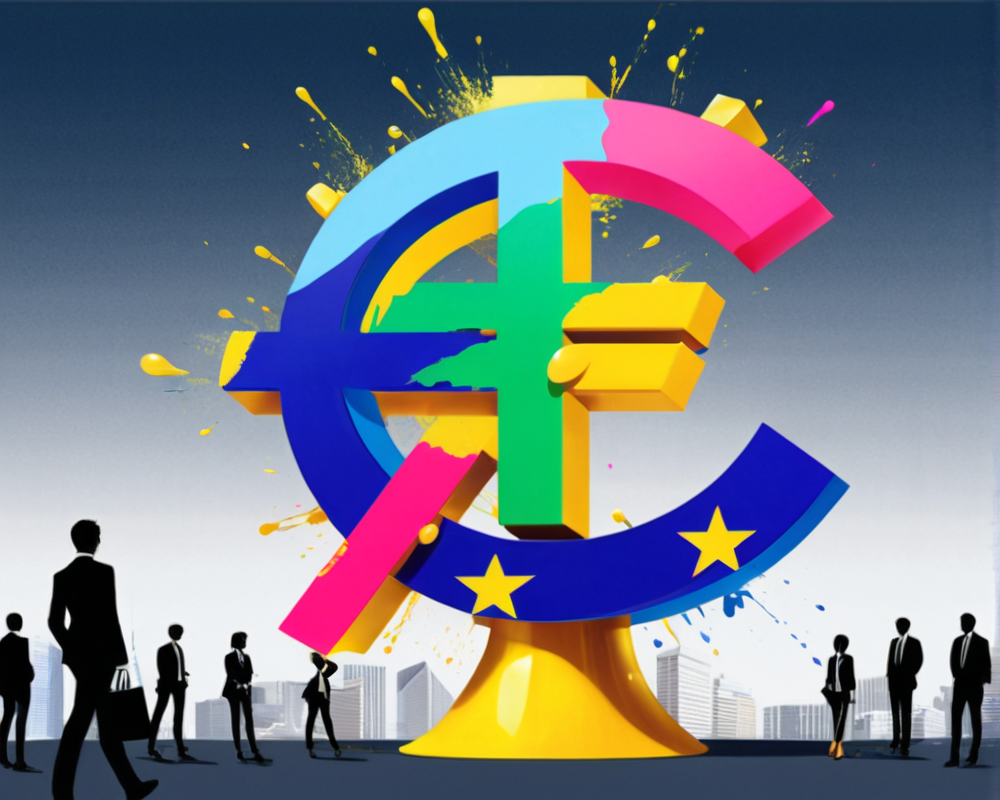Breaking News: ECB Tabs Tech Giants for Digital Euro Interface
The European Central Bank (ECB) has officially joined forces with five heavyweight companies to explore the user interfaces of the future digital euro. In a thrilling announcement last Friday, they revealed their collaboration with global tech giant Amazon, Italian fintech company Nexi, Spanish digital bank CaixaBank, French payment innovator Worldline, and the European Payments Initiative (EPI). Fancy right?
Who Are These Collaborators?
Let’s break down the illustrious partners selected from a fierce competition involving 50 developers, all keen to contribute to this ambitious project:
- Amazon: Known for its e-commerce dominance, they’re ready to package convenience into digital currency.
- Nexi: This fintech firm is set to sprinkle their innovative charm on the project.
- CaixaBank: This Spanish digital bank promises a regional flair to the digital euro.
- Worldline: A French payments platform that’s all about seamless transactions.
- EPI: Shaping up to be the collaborative glue of the initiative.
The Blueprint for the Future
These partners are not just bringing their A-game; they’re tasked with creating front-end prototypes tailored to specific use cases of the digital euro. However, a slight twist of humor, folks! These prototypes are just that—prototypes. They won’t be used in the later stages of the digital currency project, making them the star performers in a one-time showcase.
A Timeline of Anticipation
The ECB expects this initial stage to wrap up by the first quarter of 2023. Why this urgency? Well, they’re knee-deep in a two-year investigation into what a digital euro could really mean for Europe, with the final verdict expected in October 2023. Are they racing against time or just building suspense?
Global Trends and Future Implications
The interest in Central Bank Digital Currencies (CBDCs) is on the rise, and the ECB is keenly observing the global dance around these digital currencies. Despite the excitement, ECB officials have been fairly coy about when—or if—we will actually see a digital euro hit the market. A series of focus groups launched in September 2021 indicated strong consumer interest in utilizing digital currencies for both online shopping and at physical stores. Additionally, privacy concerns ranked high on the public wish list, proving people still value their secrets in a digital age!
What’s Next?
While the ECB seems to be on a path of digital innovation, the specific rollout plans remain intriguingly vague. Are we looking at a digital euro by 2026 as hinted by officials? Only time will tell, but one thing is for sure: it’s going to be a fascinating journey!




